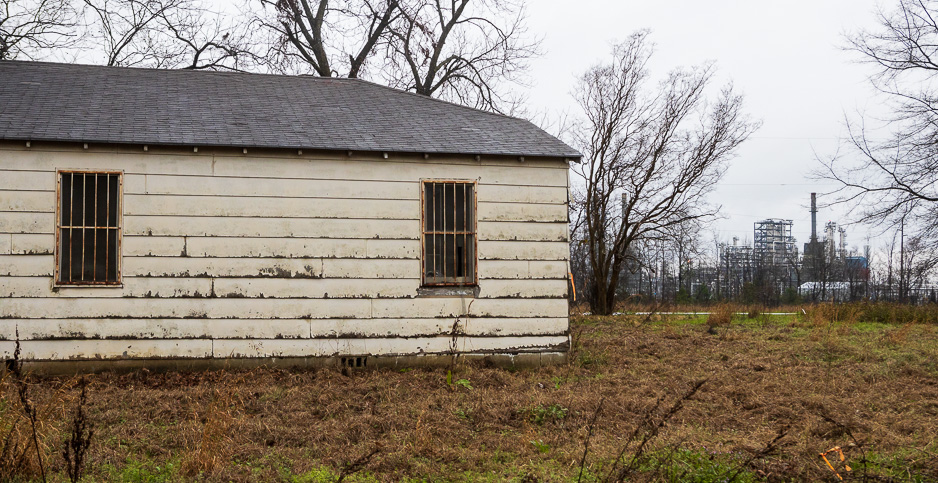
Pollution, poverty and pandemic collide
In a segregated community outside of an Alabama oil refinery, chronic illness tells a story of racial inequality, poverty and disease as U.S. deaths from COVID-19 surpass 300,000.


In a segregated community outside of an Alabama oil refinery, chronic illness tells a story of racial inequality, poverty and disease as U.S. deaths from COVID-19 surpass 300,000.
Reporter John Hill explains how he got the story about spinal decompression devices. In almost three decades as a reporter, I’ve written only two stories that were never published. In the language of the newsroom, they got spiked. The term, from what I understand, comes from the days when editors who read a story that …
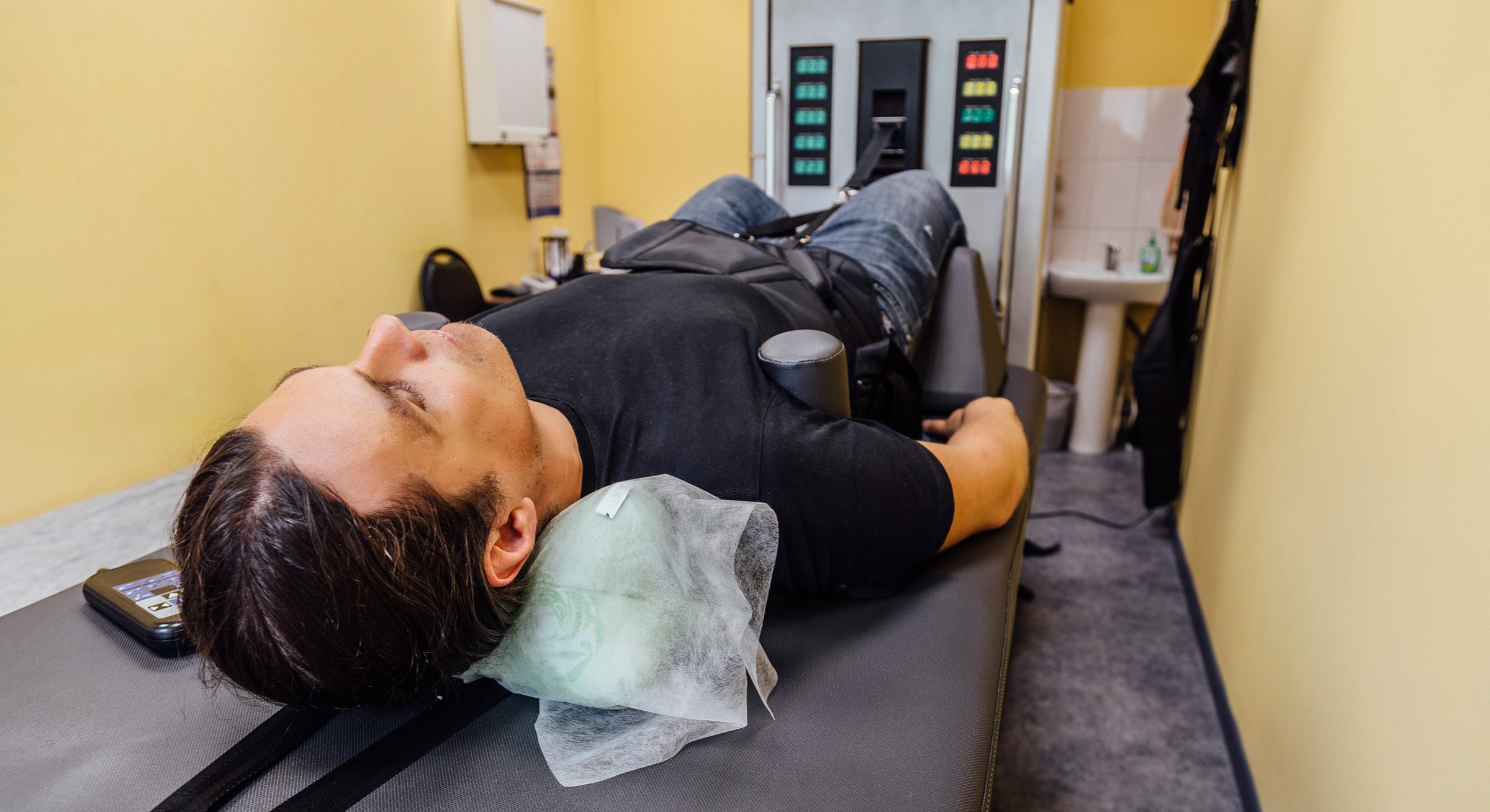
A FairWarning investigation found that the claims of success for spinal decompression stretch the truth, enticing patients to pay thousands of dollars for a treatment that has never been proven to live up to its billing.
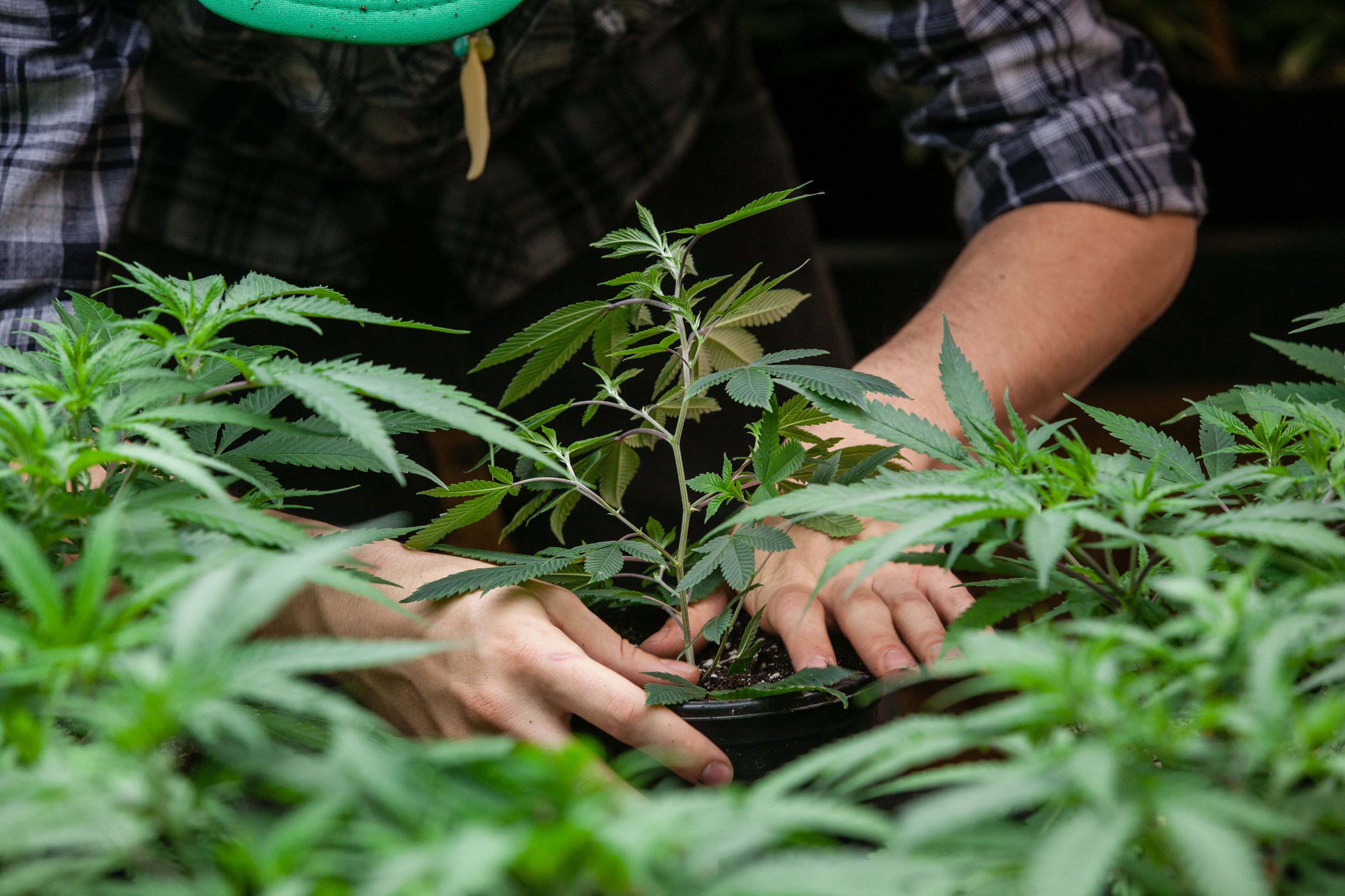
Although 35 states, three U.S. territories, and the District of Columbia have legalized cannabis for recreational or medical use, there still are no uniform standards for regulating potentially harmful contaminants in cannabis products.
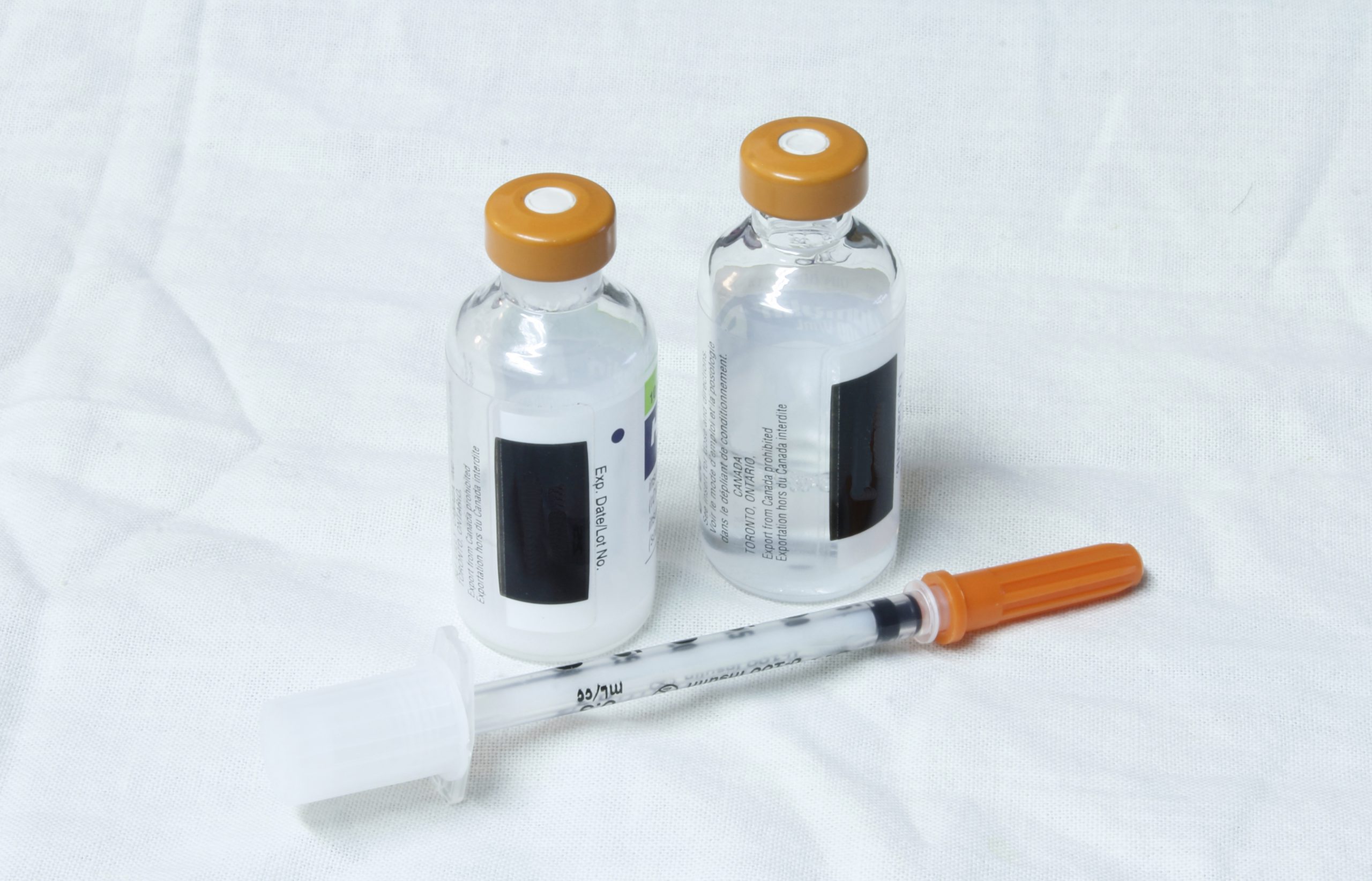
In the United States, the average list price for insulin tripled from 2002 to 2013 and then doubled from 2012 to 2016, forcing some diabetics to spend as much as $1,200 a month.
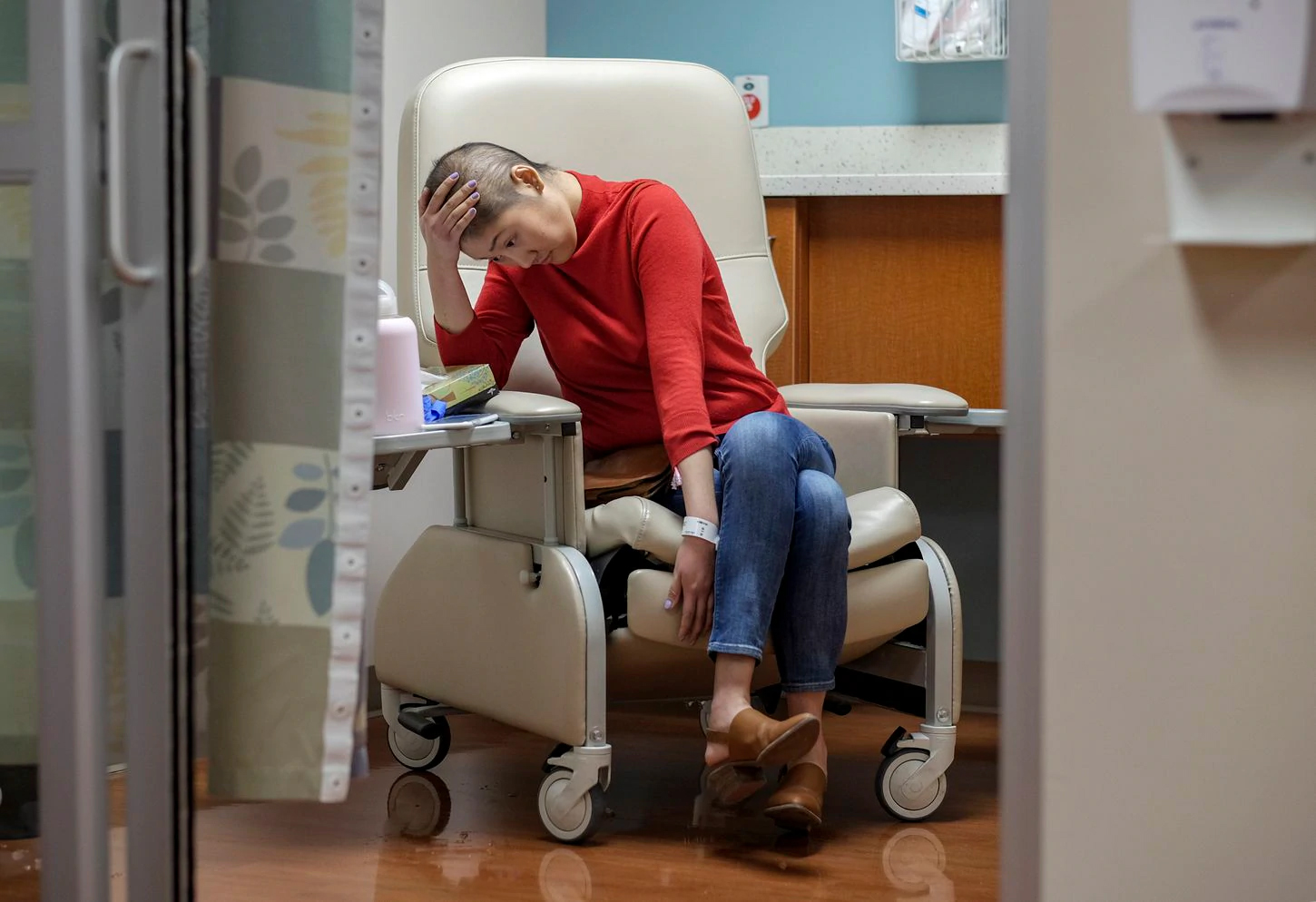
At college health centers, students battle misdiagnoses and inaccessible care.

In recent months, mystery has surrounded the ownership of a controversial e-cigarette company that has reaped millions of dollars in sales of flavored, kid-friendly nicotine products by exploiting a loophole in federal regulations.

Most hospitals — nonprofit, public and for-profit — operate on thin financial margins and have little to no budget for contingency preparations.

Big Local News, Pitch Interactive and Google News Initiative have produced a map to help newsrooms and readers track the spread of coronavirus in the U.S.
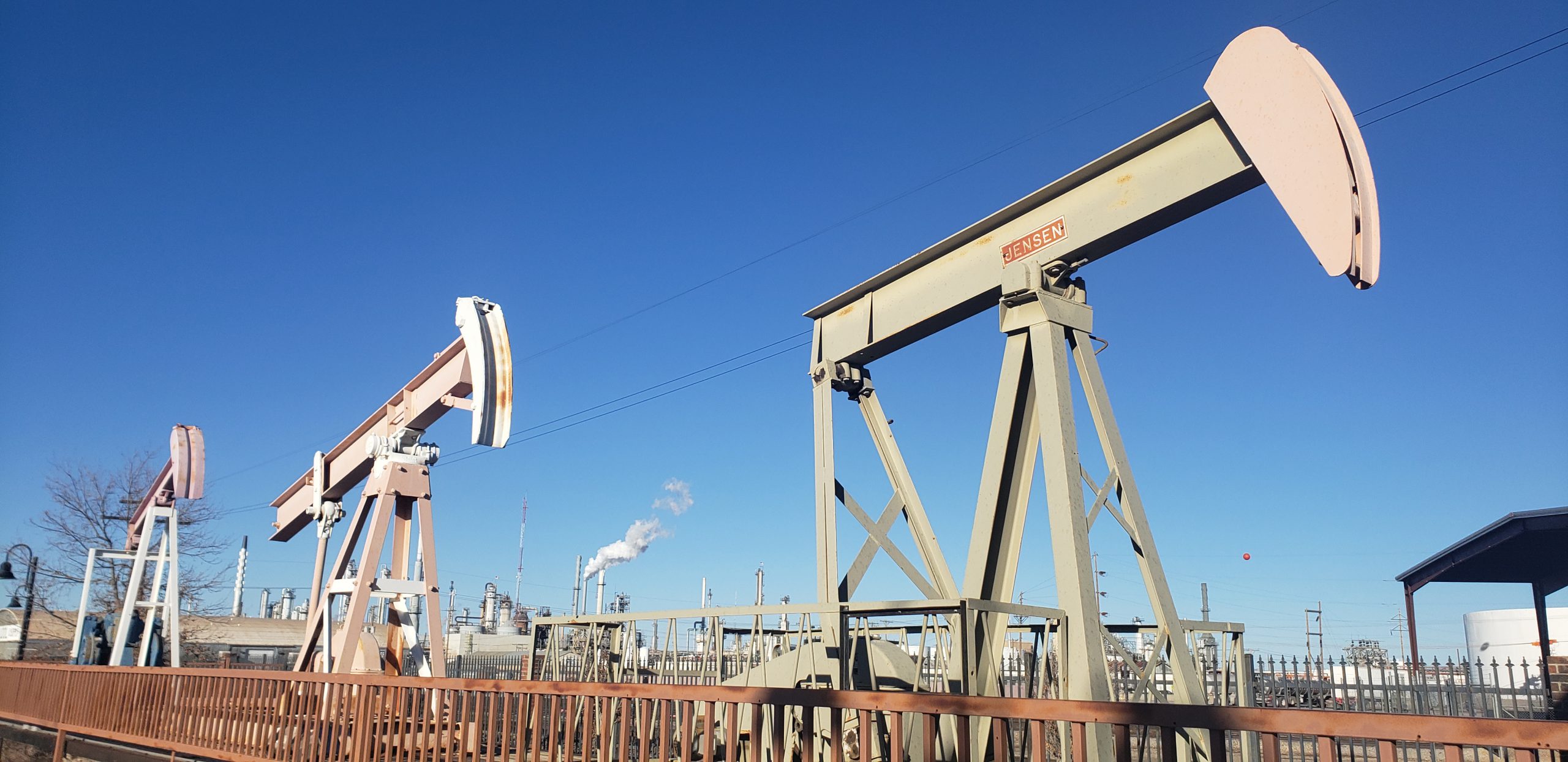
State regulators for more than a decade allowed a New Mexico refinery to delay fixing leaky equipment that was releasing toxic gases, including high levels of the carcinogen benzene.